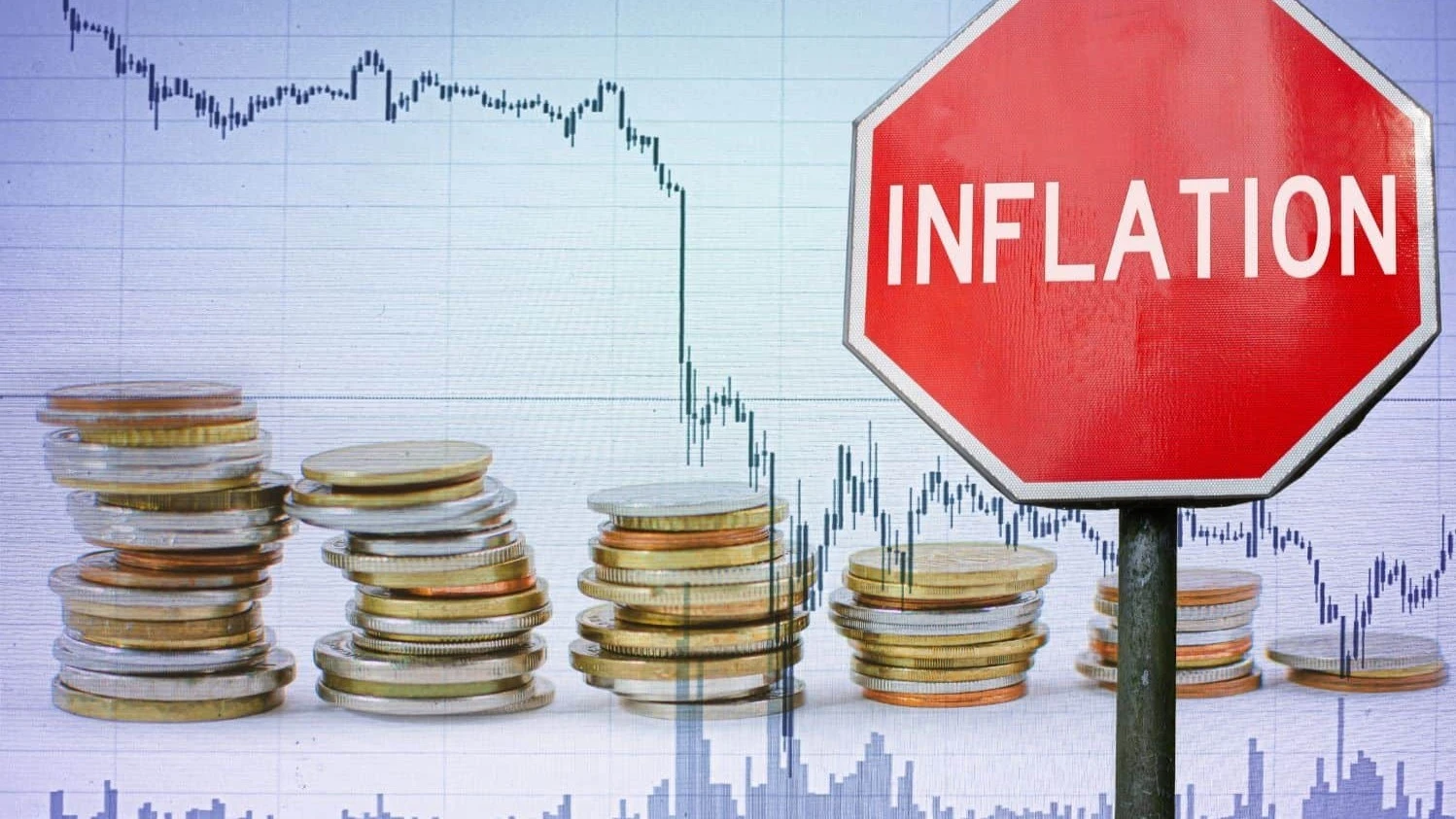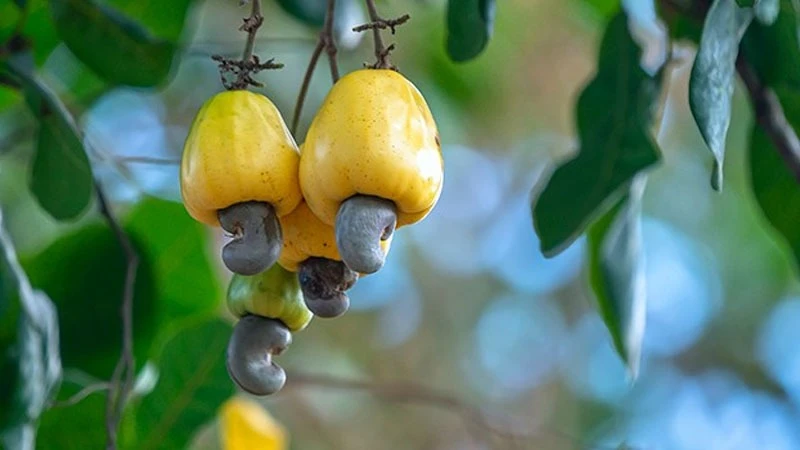Inflation rate remain unchanged at 3.1pc in January

The national inflation rate for the year ending January 2025 remained at 3.1 percent, the same as it was for the year ending December 2024, the National Bureau of Statistics (NBS) has reported.
This implies that the rate of price changes for goods and services for the year ending January 2025 remained constant compared to the rate for the year ending December 2024.
The rate is still far below the Bank of Tanzania’s (BoT) monetary policy targets for the first quarter of this year, as stipulated by the Monetary Policy Committee (MPC) statement issued in early January.
However, NBS report says the Consumer Price Index (CPI) has risen from 114.09 in January 2024 to 117.57 in January 2025.
The year-on-year inflation rate for food and non-alcoholic beverages increased to 5.3 percent in January 2025 from 4.6 percent in December 2024.
On the other hand, the inflation rate excluding food and non-alcoholic beverages decreased to 2.1 percent in January 2025 from 2.5 percent in December 2024.
Between December 2024 and January 2025, the national CPI increased by 0.6 percent. This increase was attributed to the rising prices of certain food and non-food items.
Food items contributing to the price increase include, wheat, rice, finger millet, maize flour:, bread and other baked goods, local chicken, goat meat, fresh fish, raw cow milk, edible cooking oil, raw peanuts, vegetables, sweet potatoes, beans, green grams, and dried cassava.
Non-food items contributing to the price increase, alcoholic beverages and tobacco, men's clothing, school uniforms, firewood and school fees.
In its Monetary Policy Report in January, the BoT said inflation in Mainland Tanzania remained stable, averaging 3 percent in October and November 2024, much lower than the medium-term target of 5 percent.
The stability in food prices reflects adequate food supply in most parts of the country mainly due to adequate rains, and proper utilization of inputs (such as fertilizers and pesticides).
The National Food Reserve Agency held record-high food reserves amounting to 708,399 tonnes in October 2024 and 702,502 tonnes in November 2024, consistent with a bumper harvest in the 2023/24 crop season.
In Zanzibar, inflation eased to 5.8 percent in October and 4.5 percent in November 2024 from 6.5 percent and 6.3 percent, respectively, recorded in the corresponding period in 2023, on account of both food and non-food prices.
Headline inflation is projected to remain at 3.1 percent and core inflation at 3.5 percent in the first quarter of 2025. Inflation in Zanzibar is expected to be below the 5 percent target.
The risk to inflation outlook is stemming from OPEC+ oil production decisions.
OPEC+ currently plans to gradually ease 2.2 million b/d of voluntary production cuts by eight countries from April, when it hopes demand will begin to perk up from the seasonal first quarter refinery maintenance period.
However, the UAE is also set to gradually increase its quota from April under a hard-won concession from the alliance. A further 3.6 million b/d of group wide cuts are in place until the end of 2026.
A key nine-country OPEC+ monitoring committee, co-chaired by Saudi Arabia and Russia, convened on Feb. 1 to assess market conditions, with the full group scheduled to meet May 28.
Top Headlines
© 2025 IPPMEDIA.COM. ALL RIGHTS RESERVED

























